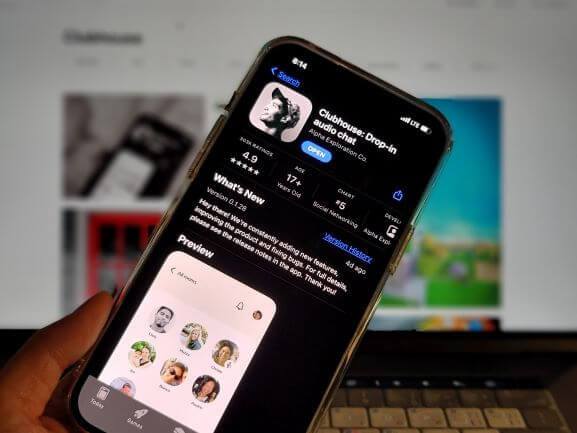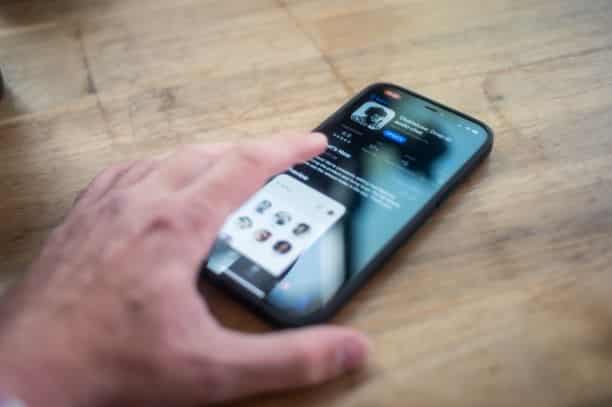
Clubhouse is a new, trending app for networking, but is facing growing privacy concerns. The growing popularity is clear, even big names like Elon Musk and Mark Zuckerberg have recently used Clubhouse. To join Clubhouse, you must be invited by a current member, creating an exclusive feeling. There are rooms where professionals talk about all sorts of subjects. With the chance to interact directly with big names from various industries, the appeal of Clubhouse is evident. However, some of the networking features that make the app useful for connecting with others also raise significant privacy concerns.

Here are the basics about Clubhouse, according to an article by Insider:
According to the Clubhouse page on the Apple app store, “Clubhouse is a space for casual, drop-in audio conversations—with friends and other interesting people around the world. Go online anytime to chat with the people you follow, or hop in as a listener and hear what others are talking about.”
In a nutshell, Clubhouse is an app where people can drop in on on-going conversations. You get into Clubhouse just like a club, you must be invited.
With the increase in users vying for exclusive Clubhouse invites, privacy concerns about the app have recently been a focus of media attention. An article by the Independent highlights growing concerns over Clubhouse’s use of personal data. These concerns are broken down into three potential problems:
Although Clubhouse has access to your contacts and might make some useful recommendations on who to invite, Clubhouse doesn’t understand your true relationship with these people. It could be that you don’t wish to contact these individuals. Clubhouse actually alerts people when someone from their contacts joins the app. So, joining the app means anyone who has you in their contacts might be alerted to your presence on the app. From your old babysitter to your business partners.
Here’s how this could be an issue. Let’s say both you and your ex are invited to join Clubhouse. For the sake of this example, this is an ex that you would no longer like to have in your life. If your number was saved in your ex’s contacts or vice versa, Clubhouse will see the connection between you and might alert your ex that you’ve joined the app. Clubhouse might also recommend that you follow each other.
In addition to the user data concerns, Clubhouse recently confirmed a data spillage that occurred. According to Business Insider, a Clubhouse spokesperson confirmed that a user had streamed audio from numerous rooms on Clubhouse to an external website; Clubhouse has since promised to ban that user and is working on adding safeguards against future incidents.
BBC also reported on this issue and described other additional concerns uncovered by cyber-security researchers at Stanford, “Stanford’s cyber-security researchers discovered several security flaws, including the fact that the users’ unique ID numbers and the ID numbers of the Clubhouse chatrooms they created were being transmitted in plaintext and it could be possible connect IDs to specific user profiles”.
BBC interviewed Robert Potter, a notable Australian cyber-security researcher. He believes that the recent issues may be related to the age of the app; just like Zoom or Tiktok, issues that may have seemed small in the early stages can become a big deal once the app suddenly goes viral and experiences rapid growth. “I think people just need to realise that the privacy and cyber-security of newer social media platforms isn’t going to be as good as mature ones,” said Mr Potter in the BBC article.
What is the lesson from these concerns? Clubhouse, like many new social media apps, has room to grow when it comes to addressing privacy concerns. However, this app is still young and may be able to overcome these challenges. Users should be realistic about data privacy concerns when joining the app. The reality may be that “private” conversations in rooms might become “public” if a user violates the app’s terms and conditions (as occurred in the recent data spillage event). Those considering joining should also consider the consequences of giving access to their contacts. For those trying to avoid contact with certain individuals – this is especially relevant. Because Clubhouse is a young app, it could be that some of these concerns will be addressed and fixed.